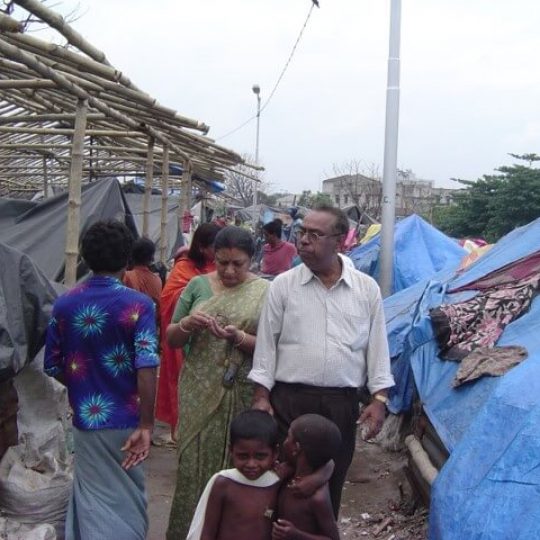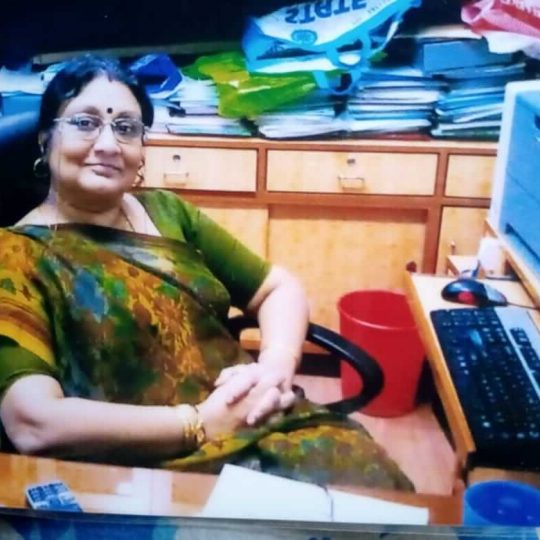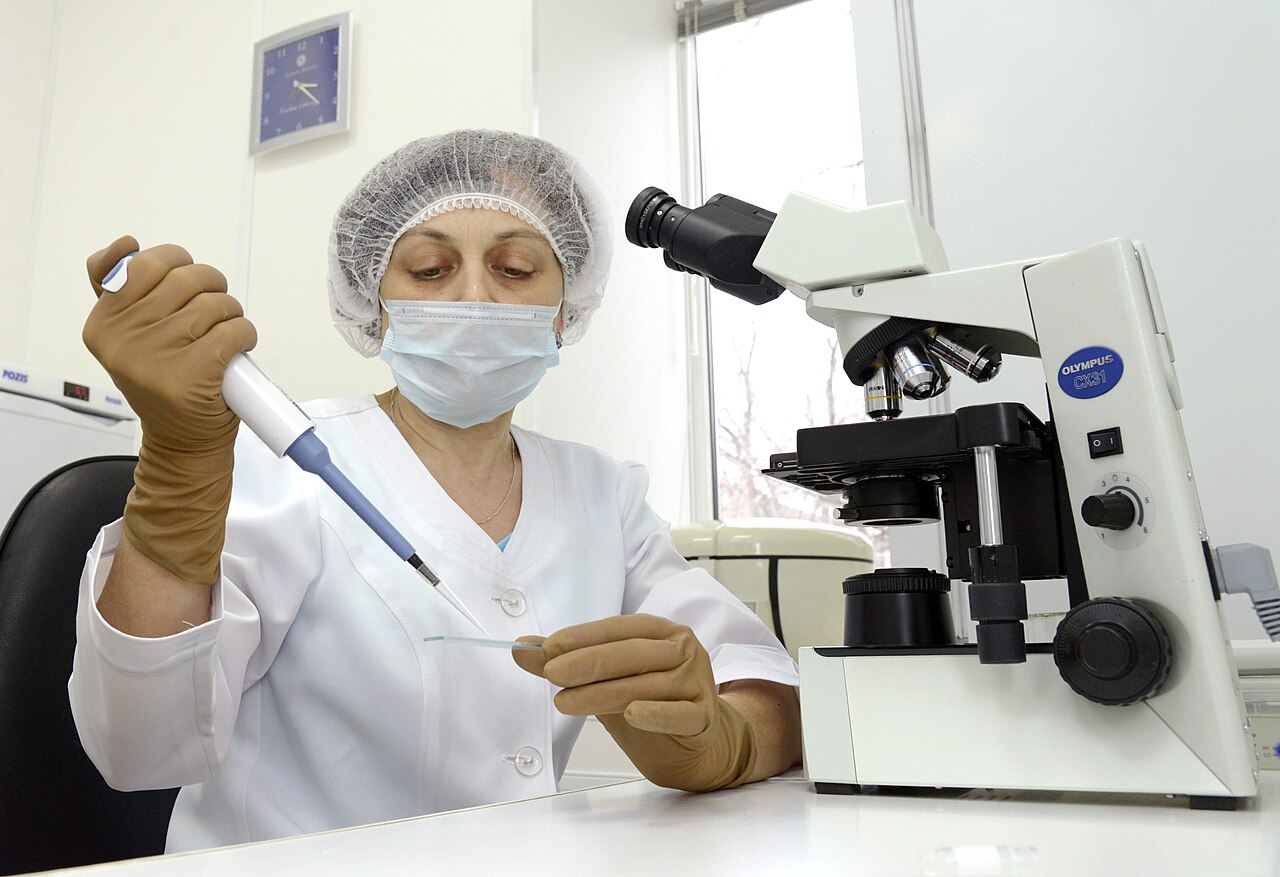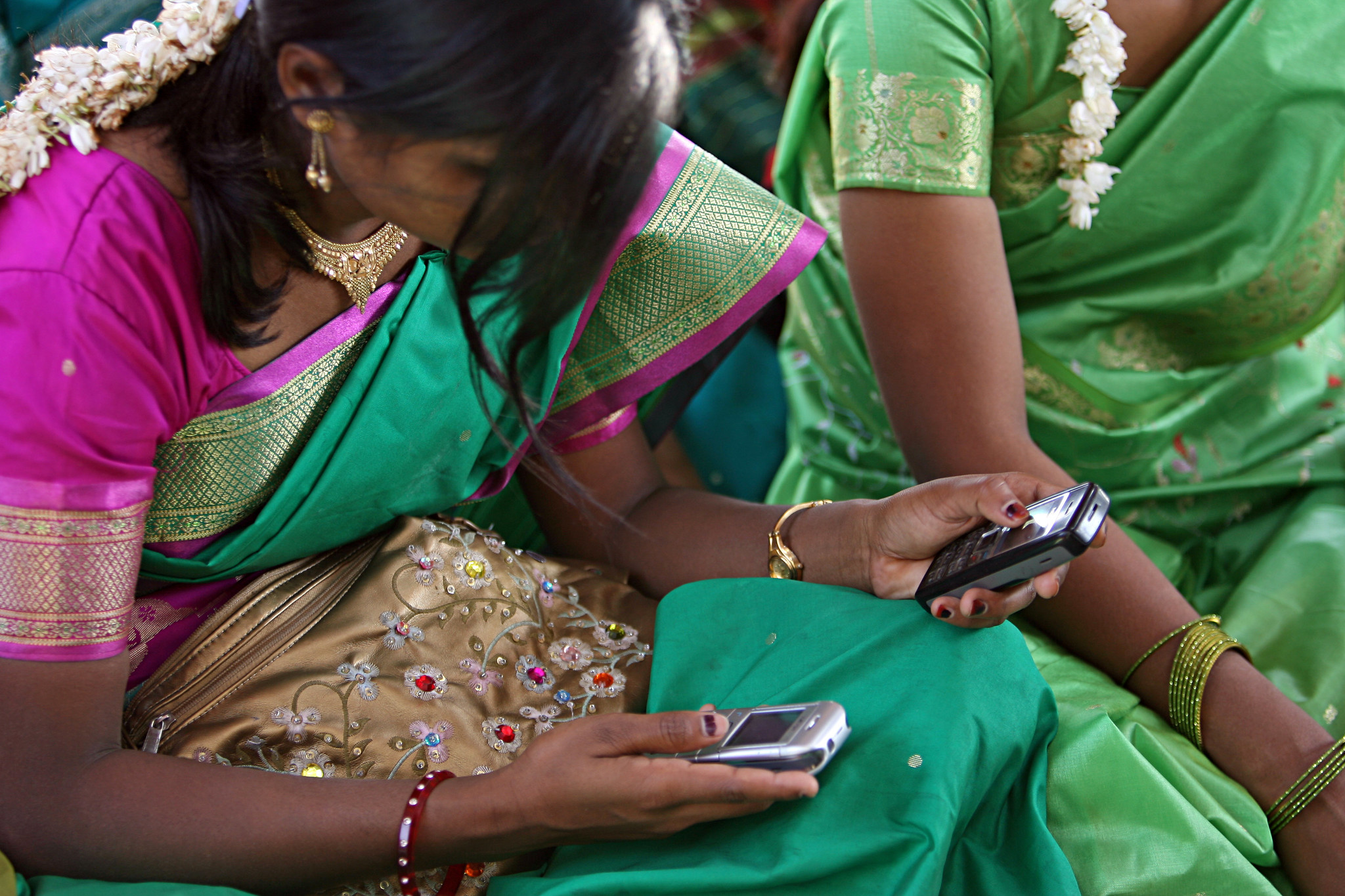Posted by Rina Mukerji
For women in India, entering and sustaining themselves in the field of Science/Technology and Medicine (STEM) has always meant a struggle within and outside the home. While women struggle to convince and cajole their parents and in-laws to let them work and pursue a career, bias and prejudice at the workplace often limits their capabilities and prevents them from forging ahead.
Dr Dipika Sur’s career trajectory in the field of epidemiology is peppered with similar challenges. Coming from an orthodox, joint family in Kolkata, where women’s roles were limited to that of homemakers who had to nurture the children, there was not much encouragement for her to pursue any profession. Her father, who had looked forward to her becoming a doctor, passed away just prior to her school-leaving exams. Even so, she managed to do brilliantly in her ISC exams as an alumnus of the prestigious La Martiniere for Girls, Kolkata, and secured a position at the Calcutta Medical College and Hospital.

But as is the wont in a joint family, her mother arranged her marriage when she was in the third year of her MBBS. Having married into another orthodox joint family, graduating seemed near-impossible for her.
This was when her father-in-law, a retired engineer, stepped in, encouraging her to continue with her studies and ultimately complete her MBBS in 1981. Even then, she could not complete her stint as a house-staffer immediately after her exams, and could only do it six months after her batchmates.
Her family was not in favour of a working daughter-in-law. As a result, she became a mother to two daughters in quick succession. For the next six years, parenting and homemaking became her vocation.
Back In Action
Her engineer husband, Deb Kumar Sur, was all for her returning to her profession, as was her father-in-law. Thus, seven years after she got married, Dr Sur was back at work, as a School Medical Officer with the Kolkata Municipal Corporation in 1987. Since the work was light, with very few hours, she could easily manage to look after her daughters while keeping a job.
Once her daughters joined school, Dr Sur found herself relatively free. This was when her inherent desire to study further once again took precedence. “I was told by my employers that I could avail of study leave if I opted to qualify in Public Health.” Realising that the qualification could help her, she joined the All India Institute for Hygiene and Public Health (AIIHPH) and earned two diplomas — in Public Health (DPH) and Maternal and Child Health (DMCW).

Now in the flow, she wanted to do her Masters in Medicine (MD). But that made her boss furious. “He ultimately allowed me to do my MD but without any study leave. This meant I had to study while continuing working at my job, which was killing, especially given the tough exams that I had to go through.” But where there is a will, there is a way; and Dr Sur eventually earned her Masters in 1993.
Around this time, a vacancy came up for the post of a Senior Research Officer (SRO) in Epidemiology at the National Institute of Cholera and Enteric Diseases (ICMR-NICED). On the suggestion of a senior, Dr Sur applied for it, and was selected.
But as the only woman in the premier institute for medical research, she faced a good deal of bullying and sexism. To make things difficult for her, she was sent for field studies, where dealing with the field staff was ‘another ball game’. But rather than rant, Dr Sur saw it as a rare opportunity to study and understand the manner in which epidemics spread, and viruses proliferate in Indian conditions. Visits to slums, peri-urban settlements and rural areas imparted valuable insights that would shape her future as a researcher and epidemiologist.
There were some terrifying experiences too, especially when working on vaccine trials. “During a vaccine trial, we approached a local medical practitioner to campaign on our behalf in the community and convince them to take the vaccine, assuring them of its safety. We took photographs of him taking the vaccine, posting them all over the place. The next day, I got the shock of my life — the doctor had expired due to a massive heart attack. The community went into a frenzy. As the Principal Investigator, I had to reach the spot and give my assurance to the community. There was a fair chance of being assaulted, since tempers ran high. Thankfully, I managed to calm the locals down, and convinced them to allow us to continue our work there. We also took the medical practitioner’s son on board the project. I eventually learnt that the doctor had already suffered a massive heart attack in the past, was diabetic, hypertensive and an alcoholic to boot. But the incident continues to give me goosebumps to this day.”
Collaborating On Cross-Country Research
All through, her soft-spoken, non-confrontational demeanour stood her in good stead, especially when working among rural or slum communities when studying diseases and epidemics. She outshone her colleagues and soon attracted the attention of the then Director of NICED, Dr Sujit Kumar Bhattacharjee, who, impressed by her abilities, put her in touch with Dr John Clemens, the then Director General of the International Vaccine Institute (IVI) in Korea.
This saw her work on several projects with Dr Clemens, with funding from the Bill and Melinda Gates Foundation, focussing primarily on public health issues that were of immense importance to India.

The first of these was a Phase III cholera vaccine study in 2001, which involved more than 1,00,000 people from the slums of Kolkata. The study had several components including training, disease surveillance, data management planning, besides the final analysis. The results led to a vaccine manufacturer getting interested in the work, and producing cholera vaccines which are today being used in several countries (although it is yet to be introduced in India). There were five other studies that she collaborated with IVI on, which included a typhoid vaccine study.
It also opened up immense possibilities for other studies for her, including a multi-country study on childhood diarrhoea for the University of Maryland, USA, a study on probiotics for the Yakult Foundation, Japan, and studies for the Department of Biotechnology (India), a collaborative study on hospitalised typhoid cases with Sabin Vaccine Institute (USA), and an epidemiological study on typhoid for the Christian Medical College, Vellore.
Her work on an affordable rotavirus vaccine, and its introduction into the public health system in India is one of her major successes as an epidemiologist.
Of course, the use of zinc for treating diarrhoea in children, which has been accepted and is advocated for treatment today, is what she considers a major achievement career-wise.
The Later Years
After having retired as a Director Grade Scientist from the Indian Council of Medical Research (ICMR) in 2013, recent years have seen her work as Scientific Director at PATH, where she primarily worked on Japanese Encephalitis, as All India Secretary-General at the Indian Public Health Association (IPHA), and as a Consultant Epidemiologist with the Translational Health and Science Institute.
She has been a member of several high-level committees of the World Health Organisation (WHO), The Bill and Melinda Gates Foundation (BMGF) as well as many Vaccine Technical Committees in India. She has more than 250 publications in journals like The Lancet, the New England Journal of Medicine (NEJM) and the like.
As a mother, the life lesson that she has passed on to her daughters is that ‘nothing is impossible’. Her elder daughter, Dr Shravani Chauhan, followed her mother’s career and is currently practising as a medical professional in the UK, and is the proud mother of two children. As her younger daughter, Suparna Sur, a New York-trained cinematographer and film-maker, and an amateur mountaineer, said, “The most important thing my mother gave us is our freedom, encouraging us to take independent decisions, and to never fall back thinking we can’t do something because we are women. She taught us that our strength is ultimately in our minds.”
At the same time, living as part of a huge joint family taught the Surs empathy and respect for every human being. When one hears Dr Sur make an impassioned plea for affordable vaccines for all children, irrespective of the class and strata of society, one recognises a woman who deeply cares for all, a quality that she has quietly passed on to her children.

The Surs, as a family, believe in cultivating a positive attitude to achieve the right work-life balance. “My mom had me help her with her medical studies, even as she taught me to make a fluffy omelette,” Suparna reminisced about the bonding achieved through setting aside valuable quality time for the family. Dr Sur said, “I was always particular about spending my free time with my daughters, however tired I was at the end of the day. Holidays always translated into trips with the family where we spent time together.”
Notwithstanding a formidable name in the field of medical research, and a resume that is everyone’s envy, Dr Dipika Sur’s career path and family life holds valuable lessons for all women who want to achieve that elusive work-life balance.
Also read: Entrepreneur Kamalpreet Kaur Is Helping Rural Women Create Niche Brand In LED Lighting
This article is a part of 101Reporters’ Rukhmabai Fellowship Stories About Women In Stem and has been re-published here with consent. In this series, 101Reporters cover the inspiring work of Indian women in the fields of STEM.
About the author(s)
101Reporters is a pan-India network of grassroots reporters that brings out unheard stories from the hinterland.





